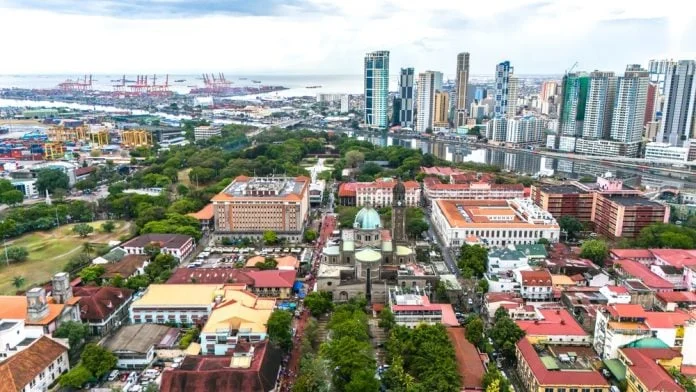POGOs in the Philippines have been warned to leave the country by 31 December, as the presence of the offshore gaming firms continues to dwindle in the local market.
Such is the pace of the exodus, PAGCOR Chairperson Alejandro Tengco used his platform at the forum at the Stratbase ADR Institute to emphasise his belief that the presence of POGOs will be finished by 15th December.
Further intensifying the speed of the departure, the Philippine Bureau of Immigration revealed that it is anticipating around 20,000 former POGO workers to leave the country by the end of the month as time runs out before the ban on the offshore gambling industry goes into effect.
In a statement, the bureau told POGO foreign workers that they must abide by the government’s deadline to leave the country before the end of the year or risk being deported and blacklisted.
According to the agency, as of November 7, a total of 21,757 foreign nationals linked to POGO activities had voluntarily downgraded their work visas to temporary visitor visas, with 10,821 of them having already left the country. Another 12,106 foreign nationals who did not downgrade their visas were issued cancellation orders in October.
BI said it “wants to ensure a smooth and orderly process for affected foreign workers, hence the reminder to respect the deadline. Affected individuals are advised to promptly make all necessary travel arrangements.”
The Executive Order banning POGOs in the Philippines has officially been signed by President Marcos. The decision was originally announced at his State of the Union address in July, where it was met with a rousing reception from those in attendance.
This latest chapter in Philippines regulation marks the next step in a ‘critical period’ for one of Asia’s most significant gambling ecosystems, as efforts to eradicate offshore betting locations are set to intensify.
The government has also elevated efforts to ensure that affected Filipino workers aren’t displaced as a result of the ban, with the government assigning specialist agencies to ensure that there is still a role for workers in the country.
In a recent interview with CasinoBeats, Keith McDonnell, Director at the KMI Group, revealed that action was already underway in the build-up to the formalisation of this bill.
He stated: “A phased approach is ongoing, with current POGO licence holders asked to report frequently on what they’re doing to make sure they are closed down by December. Meanwhile, some operators have already split their teams up and are locating specific functions elsewhere to mitigate against business risk.
“Others hope that they can retain a lot of their highly educated and experienced workforce in the Philippines by getting special class BPO accreditation or partnering with an outsourcing business that has it.”
He did predict that there is a future for igaming operators to have some sort of footprint in the Phillippines, as the heritage and knowledge the country has built up is not easily replaced.
“The Philippines has been an outstanding location for many businesses in our industry for decades”, he stated.
“In introducing new measures to address the illicit activities of some Internet Gaming License holders, it has hoped opportunities will remain for resectable businesses to continue and thrive whilst employing thousands of locally knowledgeable and experienced Filipinos.”



